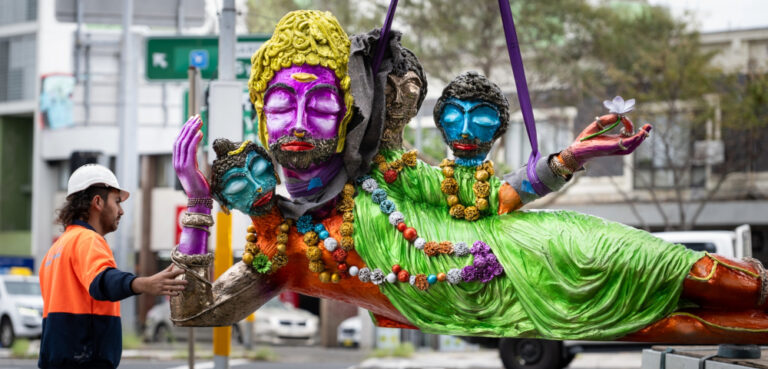
‘The Face Of Jizo’ Revival Season Commemorates 80 Years Since Hiroshima Bombing
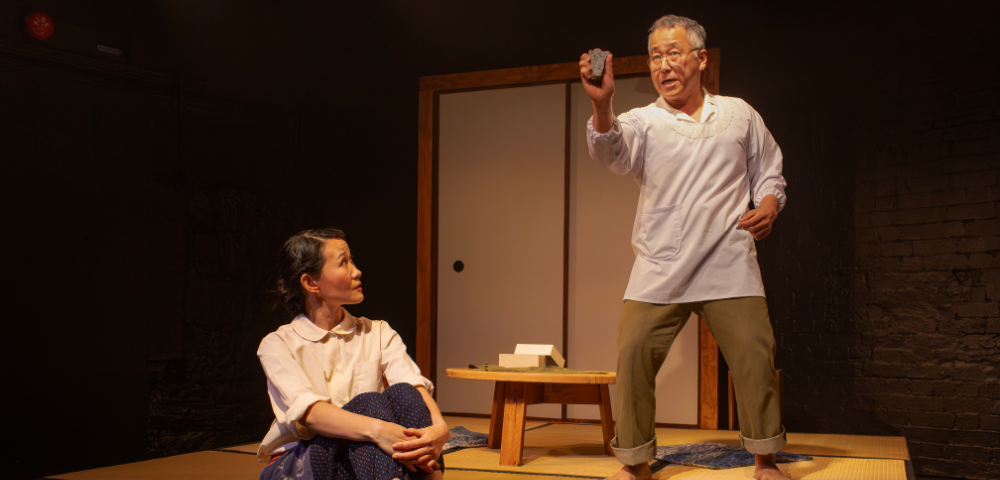
It’ll be 80 years on Wednesday (August 6th) since the first nuclear bomb was dropped on Hiroshima at the tail end of World War 2, changing both the country of Japan and the world forever. But rather than focus on the bombing or its immediate ramifications, the revival season of Hisashi Inoue’s The Face of Jizo by Omusubi Productions is taking a look at the enduring effect of that day on the people who survived it.
After a highly acclaimed, sold-out season at the Old Fitz Theatre in 2023, The Face of Jizo is returning to Sydney once more in the Seymour Centre’s Reginald Theatre with performances in both English and Japanese. It tells the story of Hiroshima local Mitsue (Mayu Iwasaki), three years after the bomb was dropped. One day, she returns home to find her missing father Takezo (Shingo Usami) there, forcing them both to confront ghosts of the past.
For actor and co-director Shingo Usami, it’s more vital than ever to revisit a play like The Face of Jizo. “It’s the 80th anniversary, of course, and we have a responsibility to keep telling and sharing this human story,” he says to me in our phone conversation, a week before rehearsals start. “As the world’s going crazy, it’s even more important to tell this story.”
The play, which has been widely acclaimed as a modern classic of Japanese theatre in its home country since its 2004 debut, was a real dream project for Shingo’s co-star Mayu Iwasaki. “She watched the video of this play when she was little and she was just blown away, and she dreamed of being an actress and creating theatre like this,” Shingo explains.
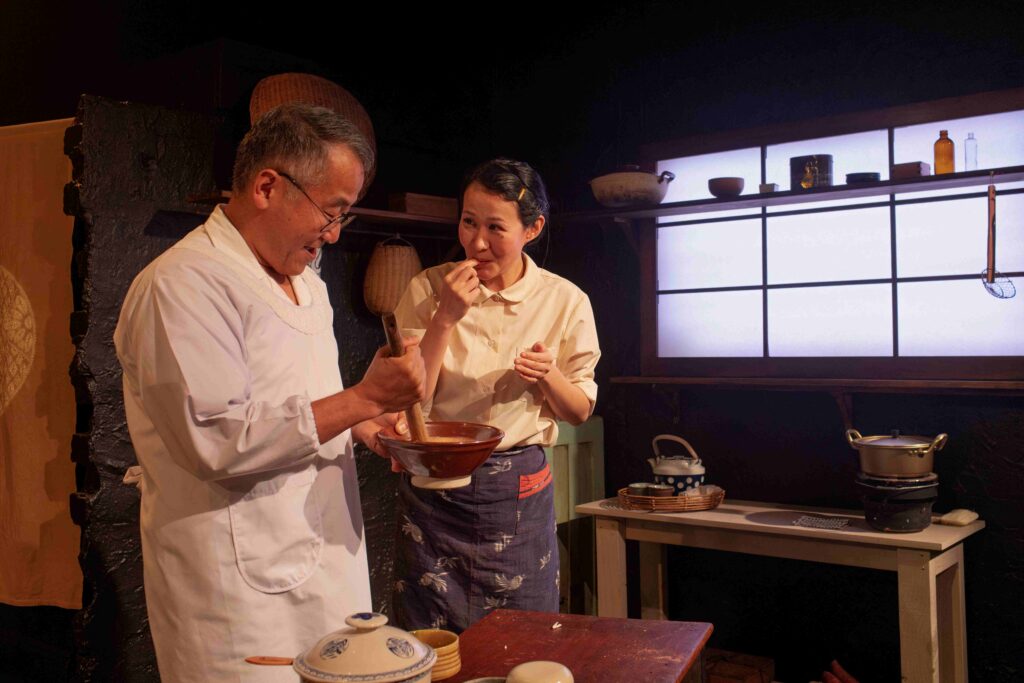
Shingo Usami on one of his favourite roles
“I’ve known Mayu for nearly two decades, and when the time came for us to produce our own work, the first thing she came up with was The Face of Jizo. She wanted to produce it and play the daughter Mitsue, and she asked me to play her father. I’m not old enough to actually play her father… but it was such an amazing opportunity, so I took that role and put my hands up for directing it.”
Shingo continues: “It’s a really Japanese story, and you need to have an understanding of the cultural and language nuances. I volunteered myself to be a director, but knew I would definitely need a third eye, so we asked local theatremaker David Lynch to be the co-director, and it worked out really well.”
For Shingo, who’s been working as an actor in Australia since moving here for nearly 25 years, the role of the fatherly Takezo is a welcome refrain from the characters he usually plays. “As a Japanese actor, and especially a male Japanese actor, most of the roles I get cast in are as a bad Japanese soldier in war films. It’s okay, and it’s a historical fact, but it’s not all we can represent as Japanese actors.
“The character of Takezo is very important because Mitsue is the one who lives with survivor’s guilt, and she can’t allow herself to seize the day. Meanwhile, he’s her cheerleader and encourages her to live her life for him and everybody who was killed.
“The story is quite serious, but Takezo is such a goofy, larger than life and kind of comic character. It’s quite fun to play a character that’s such a significant emotional rollercoaster with those father and daughter conversations that can be appreciated by so many people.” He adds: “I think it’s one of the best characters I’ve ever played… and so much better than being a bad Japanese soldier!”
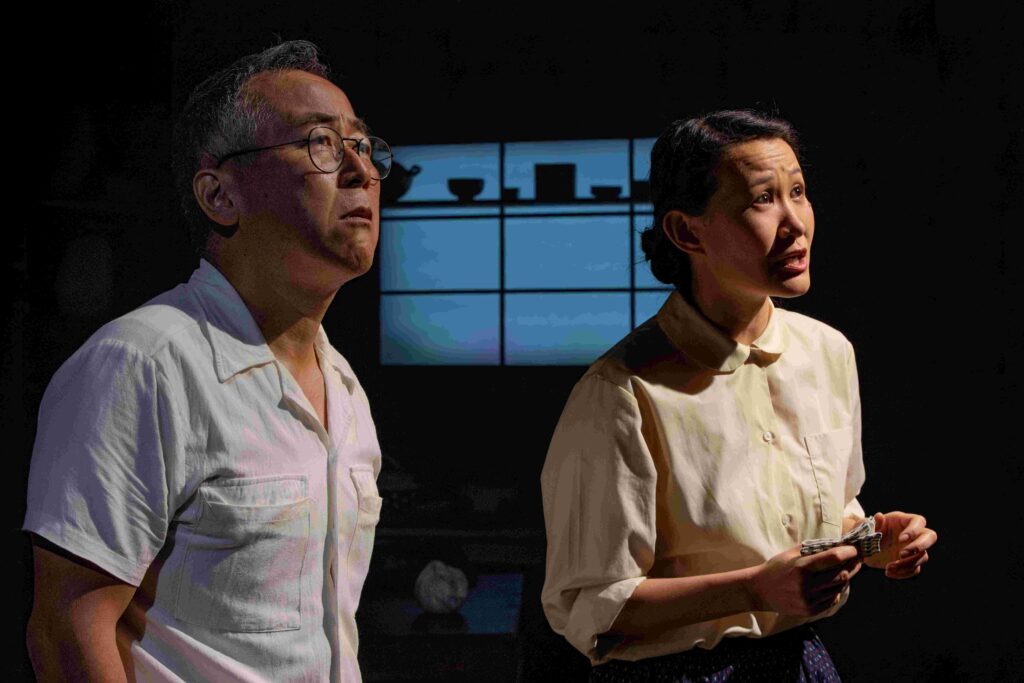
The importance of The Face of Jizo in 2025
Shingo is clear in our conversation that The Face of Jizo is by no means a justification for the acts of Japan in World War 2 – in fact, it’s an act of remembrance for the lives lost and a lesson for today. “Any time we bring the Japanese side of the story, especially in Australia or America, it can be seen as an act of justification for Japan’s past war crimes or blaming Americans for dropping the bomb or something like that.”
“That sort of blame game is really unproductive and goes nowhere, we have no intention to blame anybody. We just want to tell what happened and get everybody to think about why we keep making the same mistakes again and again, even 80 years later.
He continues: “All the innocent babies and children that were killed [in Hiroshima]. People would say ‘Oh, but Japan started the war.’ But it’s not as though those babies have the responsibility and power to change the militaristic polices… and that same logic is being used even now, right in this moment. Which is crazy, as if we’ve learnt absolutely nothing from past incidents.”
“[The Face of Jizo] is not about blaming someone or justifying what Japan did or anything like that. It’s all about the innocent lives that were lost in the bombings and the consequences of it. Everyone can relate to that, as long as we have an open mind and an open heart.”
The Face of Jizo is playing at the Seymour Centre from August 21st – September 3rd. Performances in Japanese are on August 23rd, August 30th and September 6th. More information here.
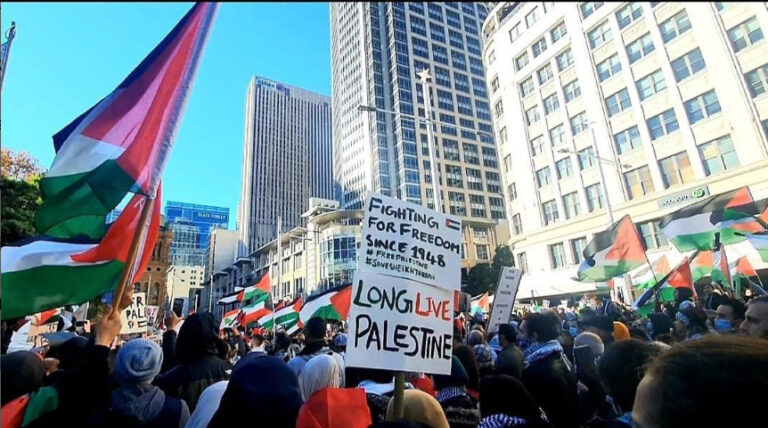
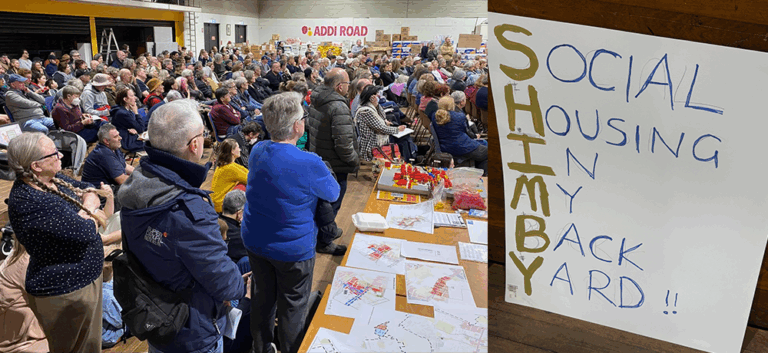
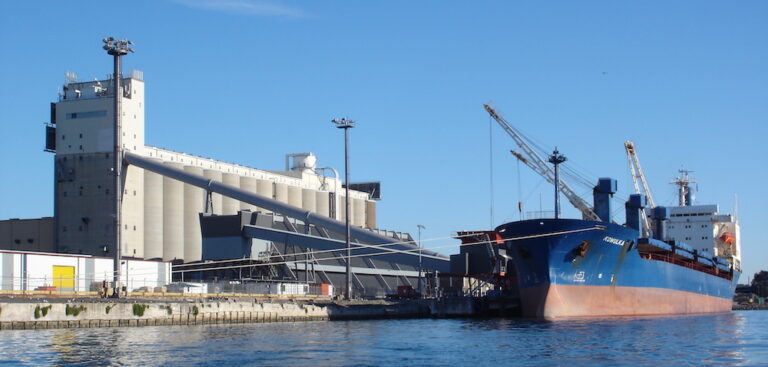
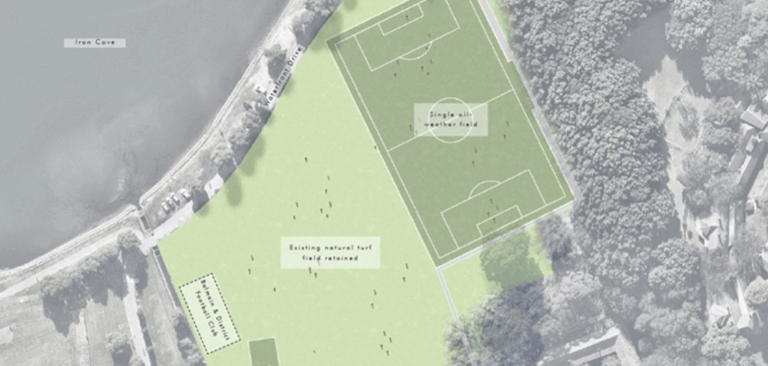
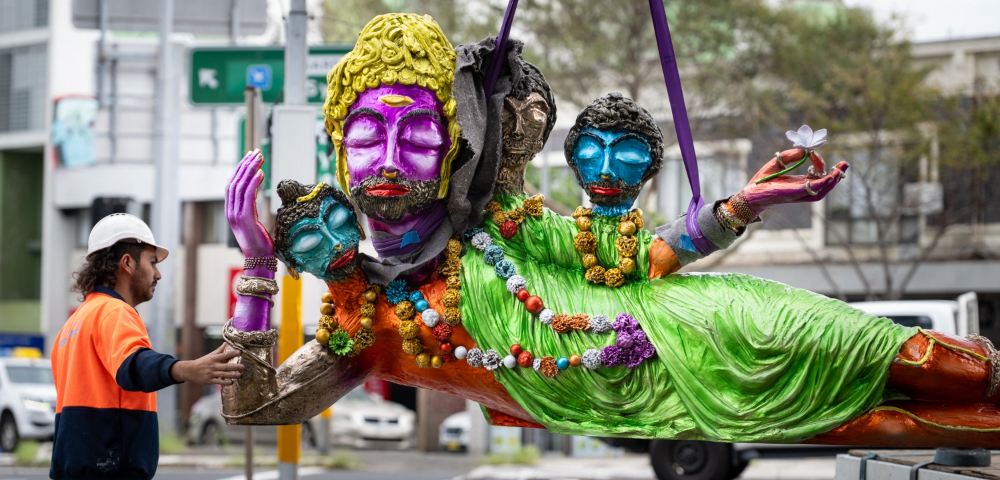
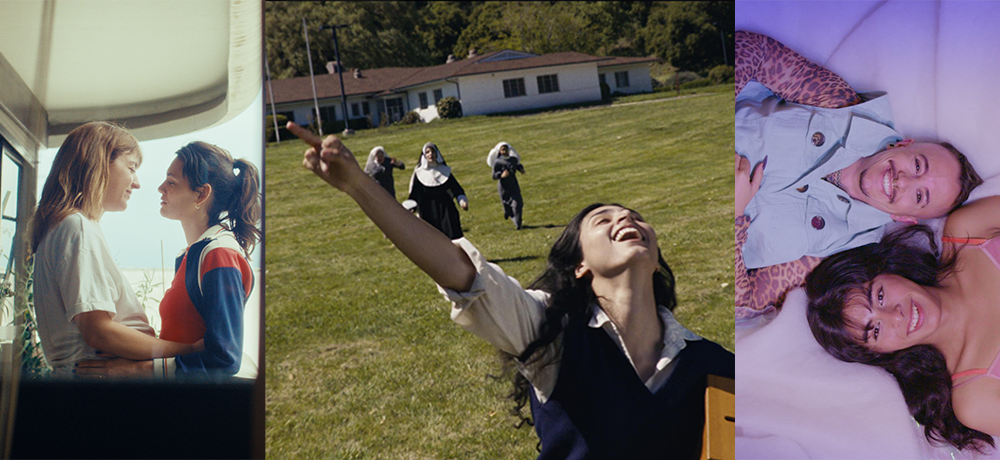

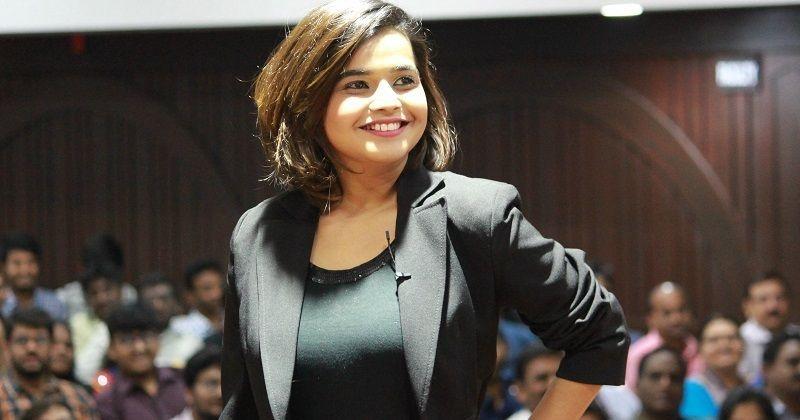


Leave a Reply